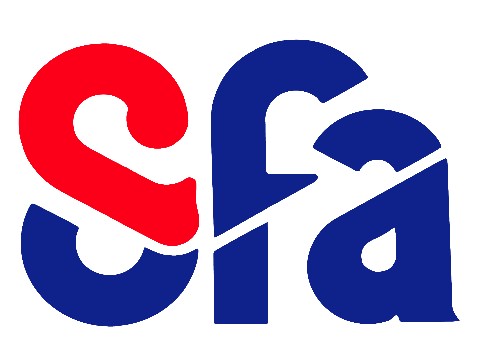Approximate boundary conditions based on a complete transparent condition for the acoustic wave equation
Résumé
The numerical simulation of scattering problems generally involves particular boundary conditions set on the exterior boundary of the computational domain. These conditions are called Absorbing Boundary Conditions (ABC) when they satisfy the following properties; ABCs correspond to the approximation of a transparent condition, involve differential operators and minimize the reflections generated by the exterior boundary. Despite the works carried out on the design of ABCs, the existing ABCs need to be optimized and, recently, a new ABC has been proposed by Hagstrom et al. . It is an improved Higdon ABC (IHABC) where the amplitude of reflected waves is minimized by including a differential operator into the condition to model evanescent waves. The IHABC is very efficient when coupled with a finite element method, but it seems to hamper the Courant-Friedrichs-Lewy (CFL) condition when included into a Discontinuous Galerkin Method (DGM). Moreover, this condition is not easy to apply on arbitrarily-shaped boundaries. In this work, we address the issue of designing optimized ABCs which do not penalize the CFL condition when applying a DGM. We consider optimized ABCs adapted to arbitrarily-shaped regular boundaries and we construct a transparent condition based on the decomposition of the exact solution into a propagating field, an evanescent field and a grazing field. Then, a new condition is obtained by combining the approximations of the transparent condition in the three corresponding regions. It is not classical since it involves a fractional derivative arising from the grazing part of the solution. However, the condition is easily included into a finite element scheme and we have implemented it into an Interior Penalty Discontinuous Galerkin formulation. Numerical experiments have been performed and the results have shown that it does not modify the CFL condition. Furthermore, the absorption rate is improved when compared to classical ABCs.
| Origine | Accord explicite pour ce dépôt |
|---|
Loading...


